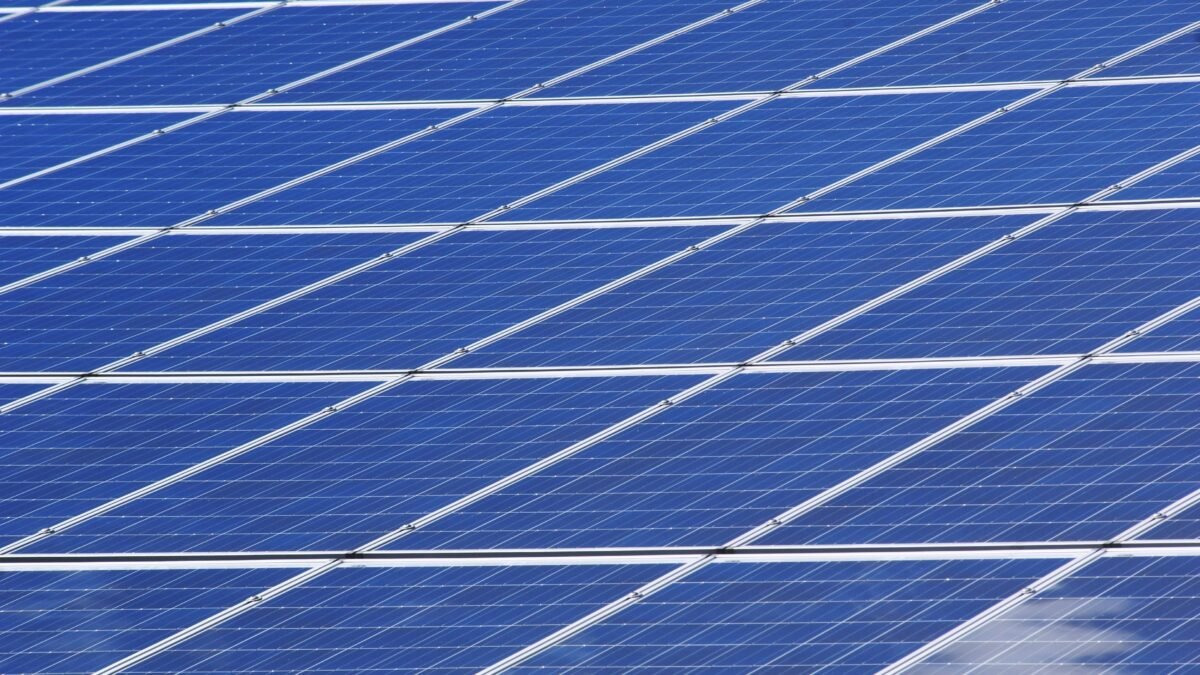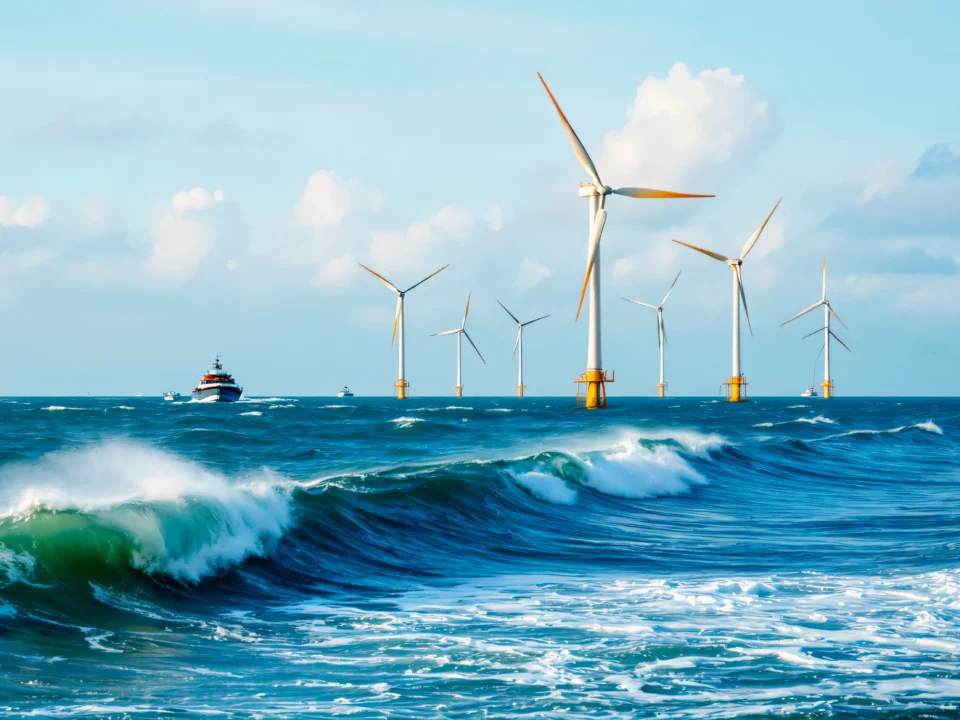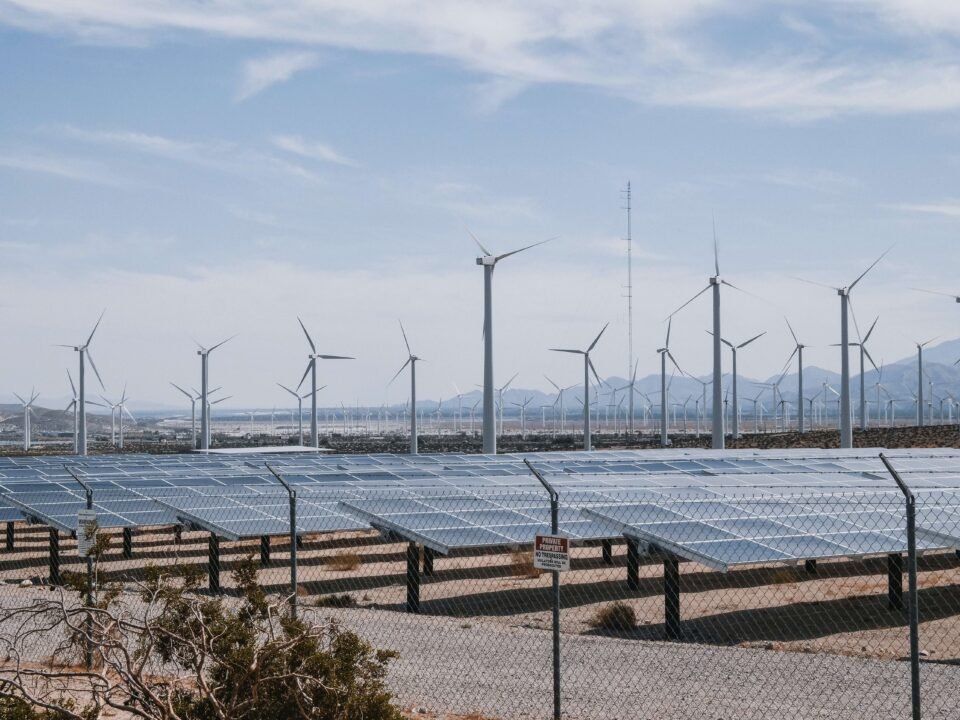As the world grapples with energy demands and environmental concerns, the debate between solar energy and fossil fuels intensifies. Let’s delve into the pros, cons, environmental impact, and the future trajectory of these two energy sources.
1. Pros and Cons
Solar Energy:
Pros:
- Renewable: Solar energy is inexhaustible as long as the sun shines.
- Clean and Green: No greenhouse gas emissions during operation.
- Low Operating Costs: Minimal maintenance once installed.
- Decentralized: Can be harnessed locally, reducing grid dependency.
Cons:
- Intermittency: Depends on sunlight availability (daytime, weather).
- High Initial Costs: Installation can be expensive.
- Space Requirements: Large areas needed for utility-scale solar farms.
- Energy Storage Challenges: Storing excess energy for cloudy days.
Fossil Fuels:
Pros:
- Energy-Dense: High energy output per unit.
- Existing Infrastructure: Well-established supply chains.
- Reliable Baseload Power: Available 24/7.
Cons:
- Environmental Impact: Air pollution, greenhouse gas emissions (CO2, methane).
- Finite Resources: Coal, oil, and natural gas are non-renewable.
- Price Volatility: Subject to geopolitical and market fluctuations.
- Health Risks: Mining, extraction, and combustion pose health hazards.
2. Environmental Impact
Solar Energy:
- Positive Impact:
- Reduces carbon footprint.
- Preserves ecosystems by avoiding habitat destruction.
- Low water usage compared to fossil fuels.
- Challenges:
- Manufacturing solar panels involves energy and resource consumption.
- Disposal of old panels requires proper recycling.
Fossil Fuels:
- Negative Impact:
- Air pollution: Respiratory diseases, acid rain, smog.
- Climate change: CO2 emissions trap heat, leading to global warming.
- Oil spills and habitat destruction during extraction.
- Challenges:
- Transitioning away from fossil fuels is essential for environmental health.
3. Future of Energy Consumption
- Transition to Renewables:
- Global efforts focus on increasing renewable energy adoption.
- Solar, wind, and hydropower will play a significant role.
- Energy Storage Revolution:
- Advances in battery technology enable better energy storage.
- Grid-scale batteries and decentralized storage solutions are emerging.
- Hybrid Systems:
- Combining solar, wind, and fossil fuels for reliable energy supply.
- Natural gas plants with integrated solar panels are gaining popularity.
- Policy and Innovation:
- Governments must incentivize renewables and penalize fossil fuel use.
- Research into next-gen solar panels, geothermal, and tidal energy continues.
In conclusion, solar energy offers a cleaner, sustainable path forward, while fossil fuels remain deeply entrenched. The future lies in balancing economic needs with environmental responsibility.
Remember, every solar panel installed contributes to a greener planet! ☀️🌎




